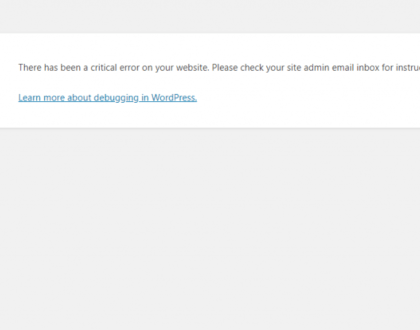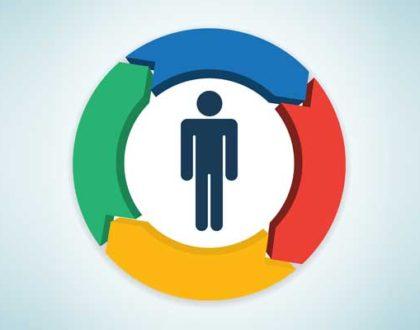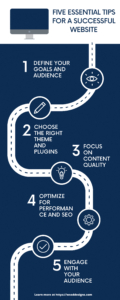Mastering WordPress: 5 Essential Tips for a Successful Website

by wsoddesigns
Creating a Successful WordPress Website: A Comprehensive Guide
Creating a successful WordPress website involves more than just setting up a site; it requires careful planning, attention to detail, and ongoing maintenance. In this comprehensive guide, we’ll explore five essential tips to help you build a successful WordPress website that stands out in the digital landscape.
Tip 1: Define Your Goals and Audience
1.1 Define Your Website’s Purpose
Before you start building your website, it’s crucial to define your goals. What is the primary purpose of your website? Are you creating a blog, an e-commerce store, a portfolio, or a business website? Knowing your objectives will guide your design and content decisions.
1.2 Understand Your Target Audience
Understanding your target audience is key to building a website that resonates with visitors. Consider their needs, preferences, and pain points. Tailor your website’s content and design to cater to your audience’s interests and demographics.
Tip 2: Choose the Right Theme and Plugins
2.1 Selecting a Suitable WordPress Theme
Choosing the right WordPress theme is essential. Look for a well-designed and responsive theme that aligns with your website’s purpose. Ensure it offers customization options to match your brand’s look and feel. Whether you prefer a free theme or a premium one, make sure it meets your specific requirements.
2.2 Plugin Management
While plugins can enhance your site’s functionality, it’s crucial to use them wisely. Avoid overloading your website with unnecessary plugins, as they can slow down your site and introduce security risks. Select plugins that are reputable, regularly updated, and aligned with your site’s objectives.
Tip 3: Focus on Content Quality
3.1 High-Quality, Valuable Content
Content is king on the web. To engage your audience effectively, create high-quality, valuable, and engaging content that serves your audience’s needs. Whether you’re writing blog posts, product descriptions, or informational pages, ensure that your content offers value and addresses the interests of your readers.
3.2 Consistency in Style and Tone
Consistency in your content’s style and tone is essential. Establish a unique voice for your brand and maintain it across all your content. Pay attention to grammar and spelling to maintain professionalism. Incorporate visuals, such as images, videos, and infographics, to enhance the appeal of your content.
Tip 4: Optimize for Performance and SEO
4.1 Website Performance Optimization
Optimizing your website for performance is critical for user satisfaction. Choose a reliable hosting provider that offers fast loading times. Implement a content delivery network (CDN) to distribute content efficiently. Optimize images and scripts to reduce page load times. Regularly test your site’s speed and address any bottlenecks.
4.2 On-Page SEO Best Practices
Implement on-page SEO best practices to improve your site’s visibility in search engine results. Use descriptive titles and meta descriptions for each page. Add alt text to images for accessibility and SEO benefits. Optimize your site’s structure and navigation to enhance user experience and search engine crawlability.
4.3 Regular Updates and Maintenance
Regularly update your WordPress core, themes, and plugins to ensure security and performance. Regular maintenance tasks include backing up your site, monitoring for security vulnerabilities, and addressing any technical issues promptly.
Tip 5: Engage with Your Audience
Encourage User Engagement
- Encourage user engagement through comments, contact forms, and social media integration.
- Respond to comments and messages promptly.
Build an Email List
Build an email list and use email marketing to stay in touch with your audience and promote your content or products.
Monitor Website Analytics
Monitor website analytics to gain insights into your visitors’ behavior and preferences, and use this data to refine your content and marketing strategies.
Creating a successful WordPress website is an ongoing process that demands careful planning and continuous improvement. By defining your goals, choosing the right tools, focusing on content quality, optimizing for performance and SEO, and engaging with your audience, you can create a website that not only meets your objectives but also delights your visitors.
Remember that each tip mentioned here can be explored in further detail through dedicated blog posts or articles. Tailoring your content to your audience’s needs and interests is key to engaging your readers and establishing your website’s success.
FREE MARKETING AND WEB DEVELOPMENT HELP
Recommended Posts

Understanding and Resolving Critical Errors in WordPress
September 10, 2023

The Art of User-Centered Web Design
September 5, 2023

First Steps To Secure WordPress Website After Install
August 27, 2023



